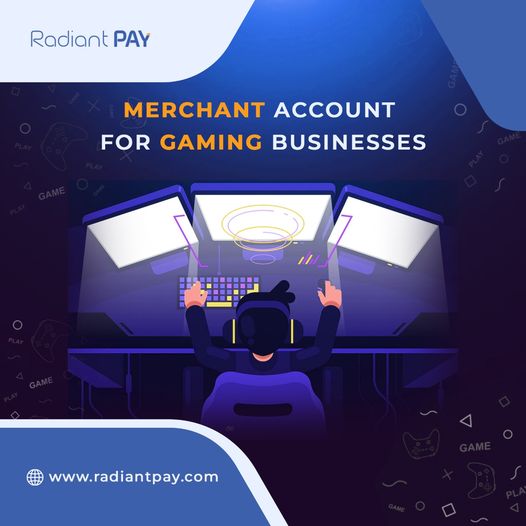The innovative integration of cutting-edge solutions, dynamic technology at its best, and comprehensive customization are what really drive the expansion of the digital commerce sector. The eCommerce sector is anticipated to continue expanding exponentially.
You need a safe system in place to manage sensitive client information before you can begin accepting online payments. A payment gateway essentially serves this purpose by securely authorizing online transactions and charging your customers’ credit cards.
eCommerce enterprises face a wide range of difficulties; wise choices must be made because each poor choice has the potential to be disastrous. An eCommerce website’s preferred payment method, such as a bank account, credit card, debit card, gift card, or other online wallets, is securely interfaced with through software known as a payment gateway.
When merchants are aware of their company’s needs, choosing and integrating the best payment gateway provider is neither difficult nor expensive. The profitability of their brand and the consumer experience can both be immediately and favorably impacted by doing it well. Three items are required before you can begin accepting credit card payments: a merchant account, a business bank account, and a payment processor.
It’s important to choose the best payment gateway for your company. You could wind up losing a lot of money and clients if you select a gateway that doesn’t fit your business model. The Radiant Pay team is a group of smart minds who work together to provide comprehensive solutions uniquely created for your business! The payment gateway solutions from Radiant Pay in the UK make it simple for businesses to accept payments.
The following are the most vital factors:
Cost
The entire cost that you will spend should be your top priority when selecting a payment gateway. The three sorts of charges associated with using a payment gateway are the setup fee, the monthly fee, and the transaction fee.
Acceptable Card Types
Visa, MasterCard, and American Express are the three most widely used credit cards. A large percentage of payment gateways accept all of these card kinds. Nevertheless, you must confirm that your payment gateways handle any additional card kinds that your customers regularly use to pay you, such as debit cards or Diners Club cards.
Retention/Holding period
Despite the fact that payments are typically authorized practically instantly, it takes a few days before the funds are transferred to your account. This enables the processing of chargebacks and refunds. Depending on the payment service provider, these holding times can range from 1 to 7 days.
Multi-currency support
Make sure your payment gateway can process payments from numerous countries and in different currencies if you conduct business worldwide. Allowing your clients to pay in their own currency is crucial. Check the costs associated with foreign currency transfers as well.
Hosted vs. Non-hosted Payment Gateway
There are two types of payment gateways: off-site hosted (the customer is directed to the payment processor’s website to enter their information) and non-hosted (the customer will be able to enter the details without leaving your website). Each of these several hosting options for payment gateways has advantages and disadvantages of its own. Utilizing hosted gateways has the advantage of lowering the danger associated with holding sensitive data on your own website.
Security
The security of your payment gateway should be a top issue when it comes to accepting payments online because you’ll be keeping sensitive financial information. Remember that various payment gateways follow various security requirements. Make sure the gateway you select complies with PCI DSS level 1 requirements. To safeguard your company from unauthorized transactions, several gateways include fraud detection and other types of screening capabilities.
Mobile Payment Support
Nowadays, the majority of consumers shop online using their smartphones and tablets, thus it’s critical to choose a gateway that accepts payments from these devices as well. Customers will be able to pay you regardless of the device they use thanks to this.
Limitations
Some payment gateways have a cap on the number of transactions you can handle in a given month. Small firms might not experience any issues with this. However, if your company handles a lot of transactions or sells high-value goods, you need to be aware of any such restrictions or you risk losing clients.
Interaction with other systems
If your payment gateway can communicate with your accounting or invoicing software, it’s important to take this into account so that if an online payment is made, the associated invoice will update automatically in your bookkeeping system. You won’t have to keep track of payments and manually update that payment information in your accounting system as it comes in, which will save you a tonne of time and effort.
Our service providers at Radiant Pay include understanding the client’s company needs, discovering suitable payment options, and actively taking part in the selection of a payment processing service in London that is perfect for the merchant’s requirements.

